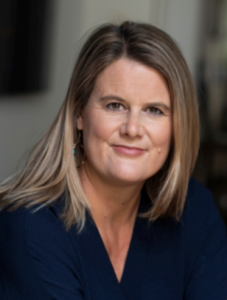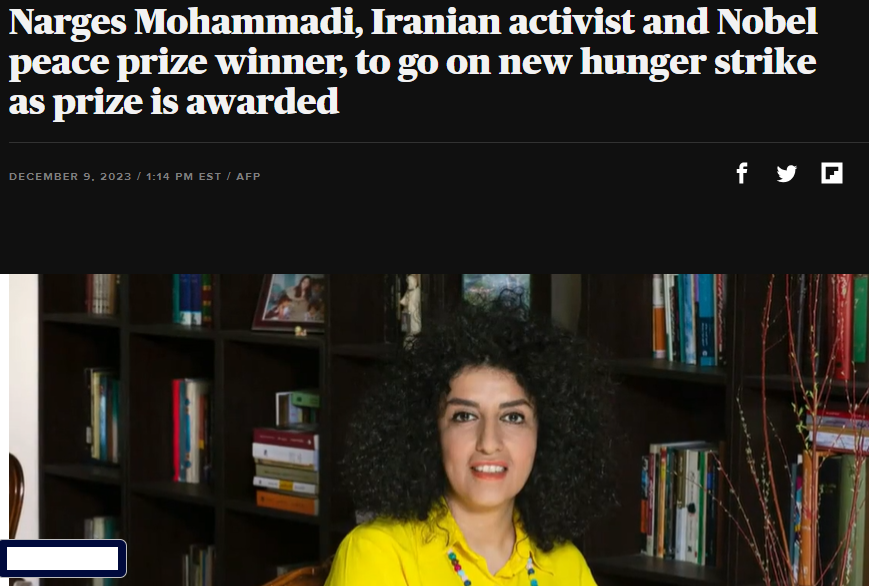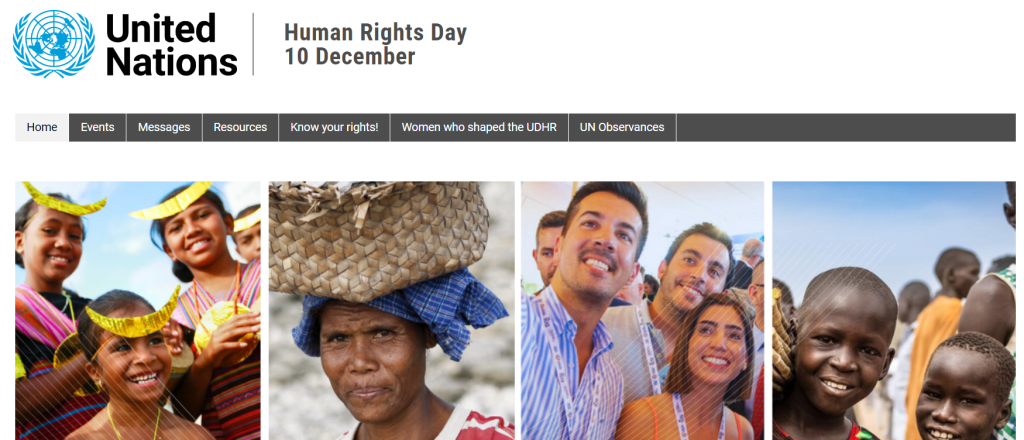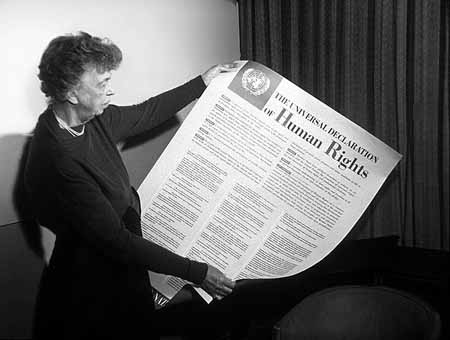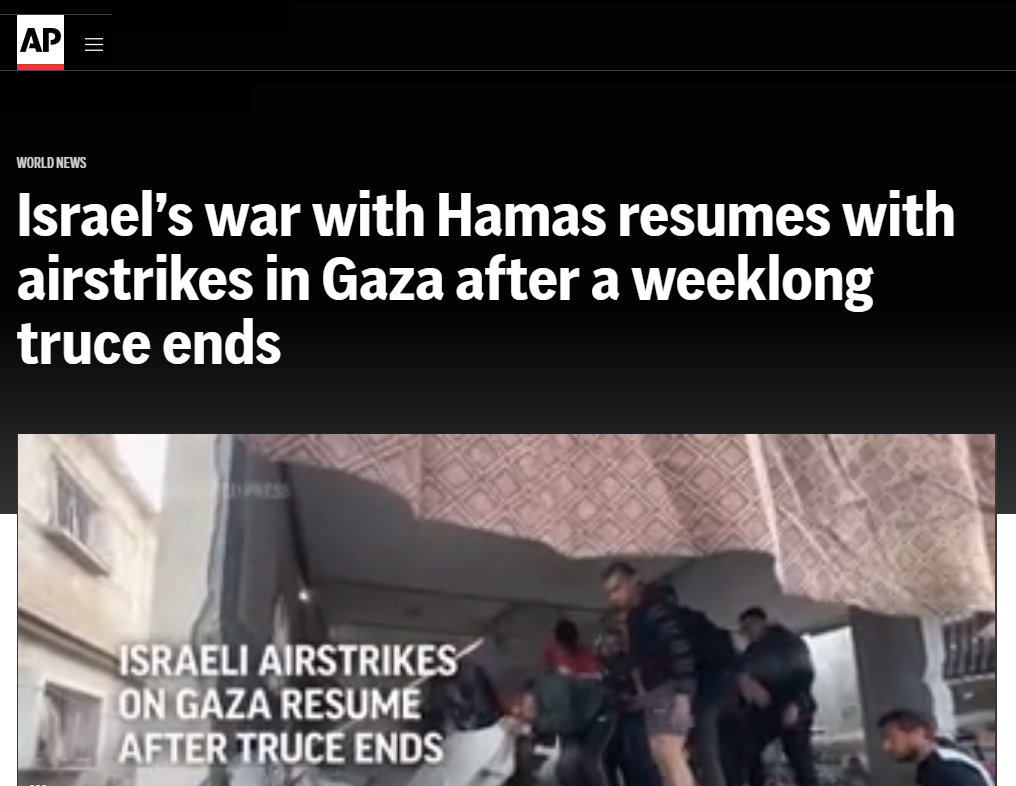The Association of World Citizens (AWC) first raised the issue of the use of sexual torture in time of violent conflicts in the United Nations (UN) Commission on Human Rights in March 2001, citing the judgement of the International Criminal Tribunal for the former Yugoslavia, which maintained that there can be no time limitations on bringing the accused to trial.
The AWC presentation highlighted sexual violence in the conflicts in what is today the Democratic Republic of Congo, formerly Zaire. Conflict related sexual violence refers to rape, sexual slavery, forced prostitution, forced abortion and other ways to humiliate. To the best of my knowledge, no person in Zaire/DRC was tried. Awareness building and enforcement measures develop slowly.
The UN Human Rights Council, the current incarnation of what was once the Commission on Human Rights, has developed a pattern of having Special Rapporteurs on specific topics or countries. The Special Rapporteur is not a UN or a national civil servant and is not paid, though work-related expenses are covered and UN Secretariat help is given. This independence, it is hoped, gives greater freedom to speak out. There has been a Special Rapporteur on Torture nearly from the start of Special Rapporteurs.
The current Special Rapporteur on Torture is Prof. Alice Jill Edwards, originally from Australia and now an academic research fellow in Geneva. She has worked in the past both for the UN and for Nongovernmental Organizations (NGOs). She has worked with rape victims in Bosnia-Herzegovina and has long argued that rape should qualify as a form of torture.
She was recently in Ukraine, a first mission in time of war. As she said,
“We are living in an era of war, and we have lost the art of mediation, compromise and acceptance of each other.”
While her findings have not yet been presented, she gave an overview of persons met and situations faced. She was concerned with the use of torture both by Russian military and by Ukrainian military and police. From her interviews in Ukraine, she holds that it is Russian state policy to use torture for military ends – whether to obtain intelligence, to humiliate and debase the enemy, and to keep the community in a state of fear.
The Ukrainian military and police are also willing to use torture on Russian prisoners of war as well as on alleged collaborators – Ukrainians who would have helped the Russian forces in different ways or who had administered areas that came under Russian control.
There are also NGO representatives who are collecting information, but many victims of torture have been traumatized and recalling accurately specific events is often difficult.
It is difficult to know what the state of justice will be once the armed conflict ends. In many cases, there is a reluctance to bring perpetrators to trial in order not to “open fresh wounds”. It is a vital issue that we must follow closely.
Prof. René Wadlow is President of the Association of World Citizens.
